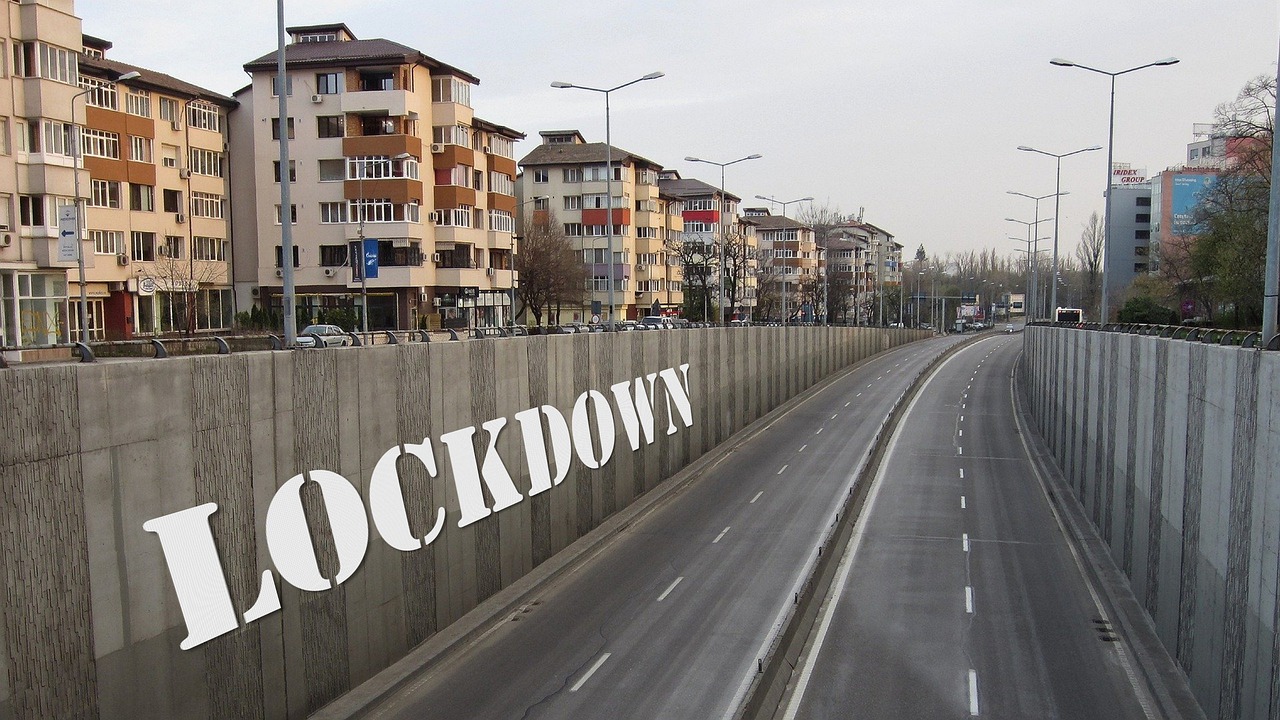-
Likes:
1
- Date: 10 August 2018
- Comments: (0)
Rugby Culture in England

The United Kingdom is known to be a nation of sport lovers considering a series of popular sports originated, developed and were regulated here, including rugby. Team sports in general play a major role in British culture, and there are a lot of sports fans who also love betting beside watching matches and rooting for their favorite squad.
Anyone knows that betting makes the sports watching experience more exciting, just as visiting an online casino to play poker, roulette or blackjack is more fun than watching others play. Whatever casino game you fancy, we would like to let you know that you can now bet online with Cozino.
One of the most popular team sports in England is rugby, and even if it pales compared to football in regard to number of followers, the Rugby Union in the country still counts with over 2.5 million registered players, which is the highest in the world. The Rugby Football Union (RFU) was formed in 1871 and deals with promoting and running the sport, as well as organizing international matches for the England national team.
Ever since its inception, rugby in England has been seen as a game for the upper classes, the posh and the rich. But historical evidence has showed that, in fact, rugby has thrived among all classes in England and the majority of the local grammar and private schools play rugby. State schools, on the other hand, seem less keen on this sport, but most towns have at least one rugby club, which comes to show just how loved this sport is across the country.

Rugby union is basically considered an “establishment” sport in England, mostly played by the rich, as already mentioned. But this was not always as such, as state schools used to play the game as well until the 1980s. However, the majority agrees now that this is just a stereotype, as more and more comprehensive schools seem to embrace rugby as well, and in the West Country, the sport is popular amongst all social classes.
Additionally, the Rugby Football Union does its best to make sure interest in the game stays strong and even tries to attract more fans. Their efforts to reach more youngsters include the All Schools program, which has been designed with a bold objective in mind: introduce rugby as a mainstream sport into 750 state schools by 2019.
Apart from that, the Union also makes efforts to train an increased number of rugby coaches and referees, establish strong community links and inspire the new generation.
And judging by the results they had so far, it seems that their initiatives are fruitful. For instance, Devon’s Paignton Rugby Club seems to be doing very well and young players are increasingly interested in the sport, as Prince Harry himself found out when he paid the club a visit after England’s exit from the 2015 Rugby World Cup.
Rugby league, on the other hand, has been considered a leisure activity for the working classes all around Britain. Nevertheless, these days rugby union and rugby league seem to take steps to unify their forces across the nation.
Currently, the main hotspots for rugby in England are as follows: the Midlands, with teams like Northampton, Leicester, and Worcester; London, where the Saracens, Harlequins, and London Irish are the most popular teams; and the South-West, represented by clubs like Exeter, Bristol, Bath and Gloucester.



